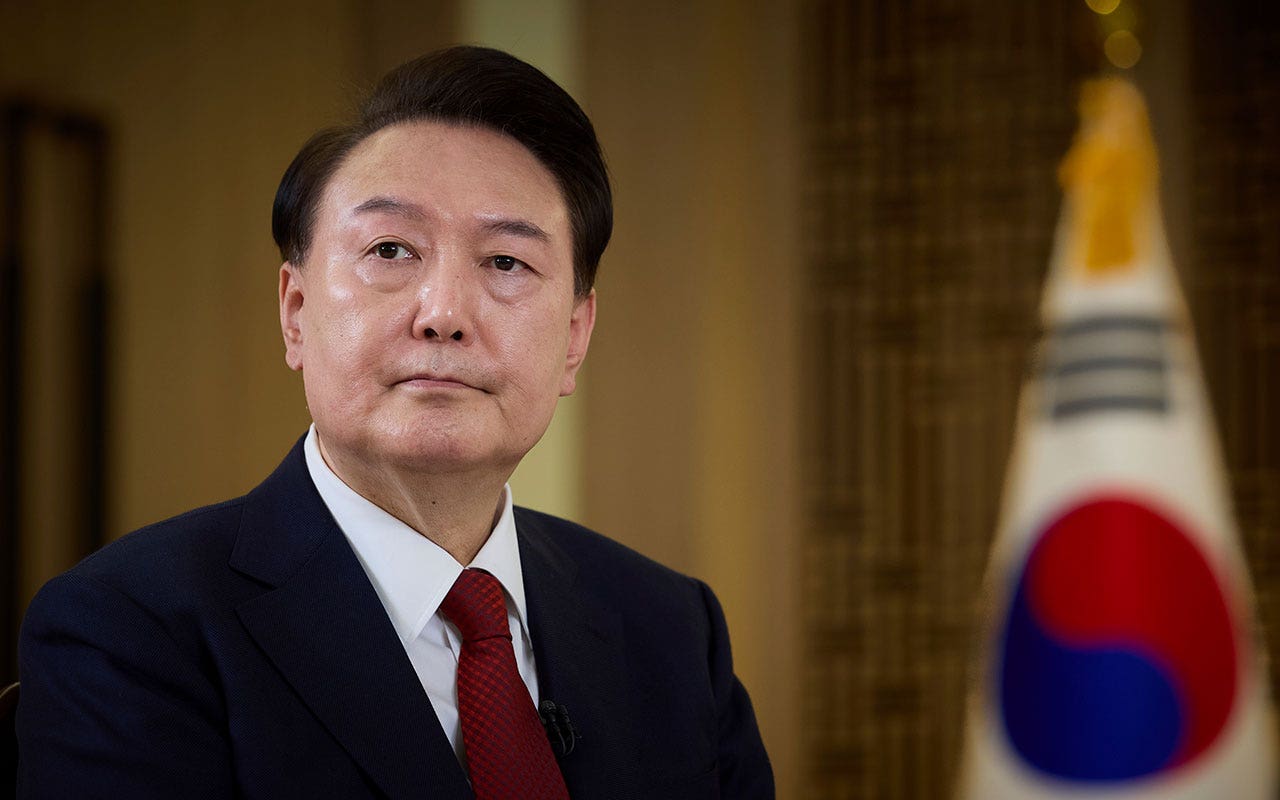South Korean president to face impeachment vote this weekend over martial law order, lawmakers say

Opposition lawmakers in South Korea have announced plans to hold a vote this weekend to impeach President Yoon Suk Yeol following his controversial declaration of martial law, which lasted for only six hours before being overruled by the National Assembly. Yoon’s decision to impose martial law led to widespread protests and concerns from international allies, including the United States.
The opposition Democratic Party, which holds a majority in the country’s legislature, has stated that the impeachment vote will take place at around 7 p.m. local time on Saturday. The party’s spokesman described Yoon’s declaration of emergency martial law as causing “great confusion and fear among our people.”
Impeaching the president would require the approval of two-thirds of the parliament’s 300 members, or 200 votes. While the Democratic Party and other small opposition parties together hold 192 seats, 18 lawmakers from Yoon’s ruling People Power Party opposed the president’s martial law declaration in the previous vote.
The leader of the People Power Party criticized Yoon’s actions as unconstitutional but has indicated that the party will not support impeachment. If Yoon is impeached, he would temporarily lose his constitutional powers until the Constitutional Court rules on his fate, with Prime Minister Han Duck-soo assuming presidential responsibilities.
In response to mounting pressure, Yoon accepted the resignation of Defense Minister Kim Yong-hyun, who had recommended the imposition of martial law due to difficulties in advancing the president’s domestic agenda in the opposition-controlled National Assembly. Kim is now under investigation for potential charges of treason.
Yoon himself is facing charges of treason following a complaint filed by activists and a minority opposition party. The complaint also implicates Army Chief of Staff Gen. Park An-su and Interior Minister Lee Sang-min in the martial law declaration.
The United States, a key ally of South Korea with thousands of troops stationed in the country, expressed surprise at Yoon’s declaration of martial law. Secretary of State Antony Blinken stated that the U.S. had not been informed in advance, while Deputy Kurt Campbell criticized Yoon for misjudging the situation.
Yoon’s martial law declaration, the first of its kind in over 40 years, has raised concerns about the country’s democratic process and stability. As pressure mounts for his resignation, South Korea braces for a critical weekend that could determine the president’s political future.




